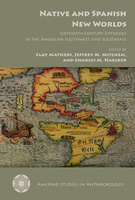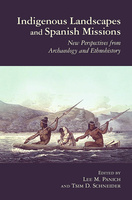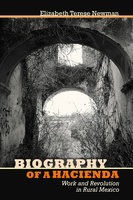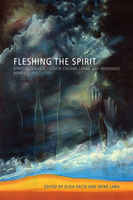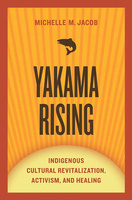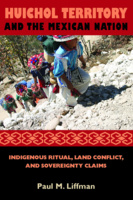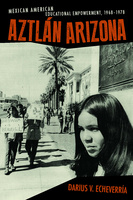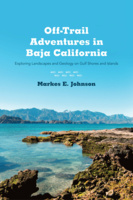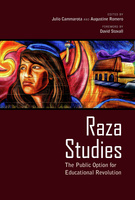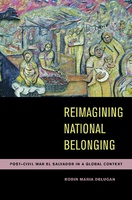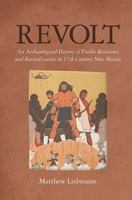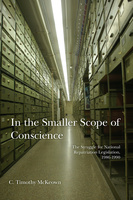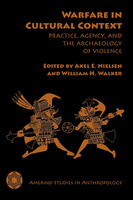The University of Arizona Press is the premier publisher of academic, regional, and literary works in the state of Arizona. They disseminate ideas and knowledge of lasting value that enrich understanding, inspire curiosity, and enlighten readers. They advance the University of Arizona’s mission by connecting scholarship and creative expression to readers worldwide.
Native and Spanish New Worlds
Sixteenth-Century Entradas in the American Southwest and Southeast
Native and Spanish New Worlds brings together archaeological, ethnohistorical, and anthropological research from sixteenth-century contexts to illustrate interactions during the first century of Native–European contact in what is now the southern United States. The contributors examine the southwestern and southeastern United States and the connections between these regions and explain the global implications of entradas during this formative period in borderlands history.
Indigenous Landscapes and Spanish Missions
New Perspectives from Archaeology and Ethnohistory
Biography of a Hacienda
Work and Revolution in Rural Mexico
Fleshing the Spirit
Spirituality and Activism in Chicana, Latina, and Indigenous Women’s Lives
An Anthropologist's Arrival
A Memoir
Yakama Rising
Indigenous Cultural Revitalization, Activism, and Healing
Huichol Territory and the Mexican Nation
Indigenous Ritual, Land Conflict, and Sovereignty Claims
Aztlán Arizona
Mexican American Educational Empowerment, 1968–1978
Off-Trail Adventures in Baja California
Exploring Landscapes and Geology on Gulf Shores and Islands
Seriously Funny
Mexican Political Jokes as Social Resistance
With Blood in Their Eyes
The Red Bird All-Indian Traveling Band
Raza Studies
The Public Option for Educational Revolution
Ameriscopia
Reimagining National Belonging
Post-Civil War El Salvador in a Global Context
Latino Los Angeles in Film and Fiction
The Cultural Production of Social Anxiety
Revolt
An Archaeological History of Pueblo Resistance and Revitalization in 17th Century New Mexico
Traditional text-based accounts tend to focus on the revolt and the Spaniards’ reconquest in 1692—completely skipping over the years of indigenous independence that occurred in between. Revolt boldly breaks out of this mold and examines the aftermath of the uprising in colonial New Mexico, focusing on the radical changes it instigated in Pueblo culture and society.
Published in cooperation with the William P. Clements Center for Southwest Studies, Southern Methodist University.


